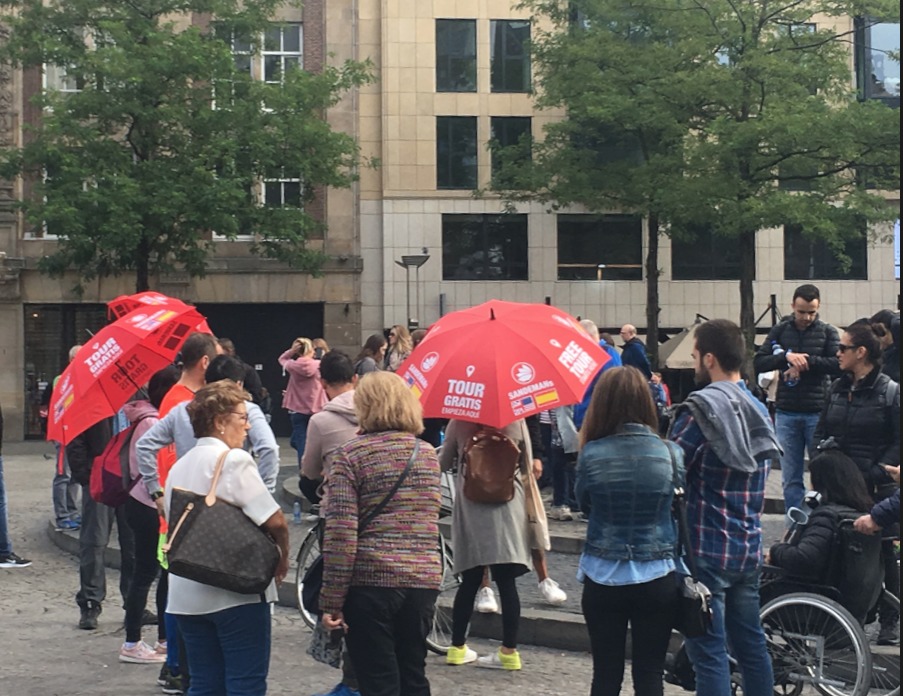Amsterdam gets tough on B&Bs, gives youngsters housing priority

 Amsterdam council has published new rules for allocating housing in the city which include a quota for bed and breakfasts and giving priority for social housing to youngsters, nurses and teachers.
Amsterdam council has published new rules for allocating housing in the city which include a quota for bed and breakfasts and giving priority for social housing to youngsters, nurses and teachers.
‘A house is meant to be lived in, not as profit driver,’ the city’s Socialist housing alderman Laurens Ivens said. ‘There is a serious shortage of housing in Amsterdam and lots of property is used to make money from tourism or rented out on a room basis, to maximise prices.
The city plans to monitor the situation in areas with lots of accommodation for tourists and will impose a complete ban on holiday rentals in some places ‘to protect local liveability’.
The red light district and the areas around the Kinkerstraat and Haarlemmerstraat have already been earmarked for bans, but first need to meet the criteria, Ivens said.
B&Bs will also now have to apply for a city council licence to operate which will run for five years. There will also be quotas for B&Bs depending on the neighbourhood. Licences will only be granted if the owner lives in the property itself.
Up to 800 housing corporation homes will be earmarked for young Amsterdammers, who find it impossible to get a foot on the housing ladder, Ivens said. To qualify, youngsters must have lived for six of the previous 10 years in the city. People working in education and the care sector will also get priority as will people on low to middle incomes.
Flat shares
Ivens is also cracking down on illegal flat-sharing. It is currently against the rules in Amsterdam for more than two adults who are not related to rent a property unless it has a licence.
Some 11,500 properties in the city are currently being lived in by three or more people but 80% do not have the appropriate paperwork, Ivens said. He now plans to bring in quotas for shared housing to make sure that ‘family homes are kept for families’.
Rental contacts in multiple-occupancy homes will be based per room, giving tenants greater protection and allowing them to complain to a rent tribunal if their rent is too high, the alderman said.
The new rules are now up for public consultation and if approved by the full city council, will come into effect on January 1, 2020.
Thank you for donating to DutchNews.nl.
We could not provide the Dutch News service, and keep it free of charge, without the generous support of our readers. Your donations allow us to report on issues you tell us matter, and provide you with a summary of the most important Dutch news each day.
Make a donation